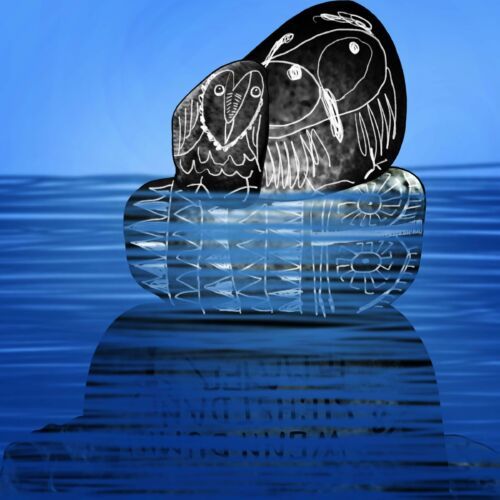Exports, imports vs brexit, Māui dolphins and fishermen in Gaza
The US Court of International Trade of the United States has issued a preliminary injunction to stop the importation of New Zealand fish, including snapper, surmullet and red gurnard, caught around the North Island’s west coast using set nets and trawls. The decision was made to protect Māui dolphins, the critically endangered, rarest and smallest dolphin subspecies worldwide. Activists from Sea Shepherd New Zealand estimate that only between 48 and 64 Māui dolphins are left.
Israel’s 15-year blockade of the Gaza Strip has hampered the development of the fishing industry in this Palestinian enclave. Fishermen cannot buy engines, propellers and many other items needed to repair their boats and maintain a working fishing fleet, a vital part of Gaza’s economy. The total catch in Gaza’s waters increased from 2322.9t in 2006 to 3943.4t in 2019, when Israel expanded the permitted fishing zone in some areas from six nautical miles to 15, but it is still short of the 20 nautical miles agreed under the 1993 Oslo Accords.
According to researchers at the Centre for Business Prosperity at Aston University, 42% of British products previously exported to the European Union have disappeared from European shelves since Brexit. One reason for the reduction in exports is the bureaucratic nature of the Brexit deal, which has already hit UK fishermen and small businesses in 2021. According to the Federation of Small Businesses, seven out of ten companies exporting to Europe have encountered problems, and almost one in four have suspended exports completely.























